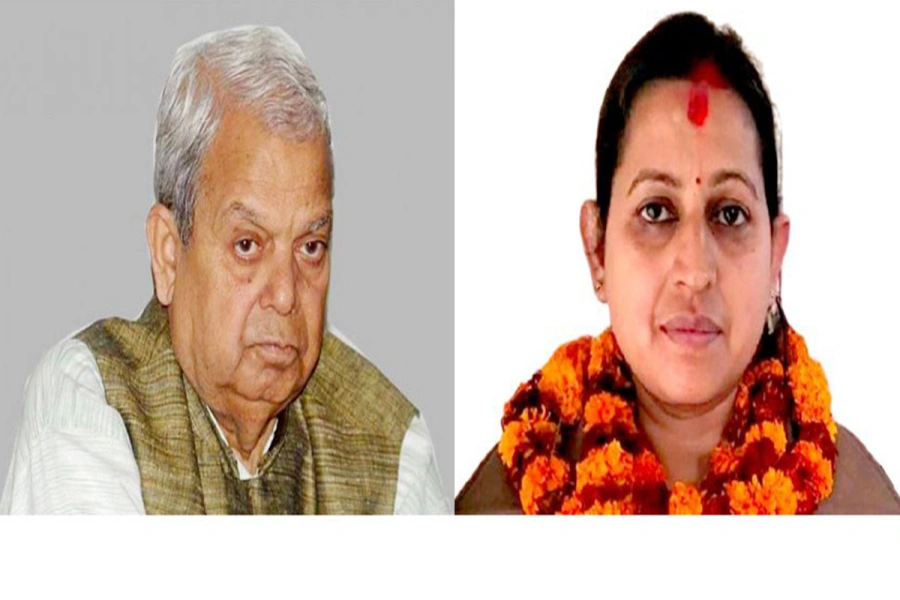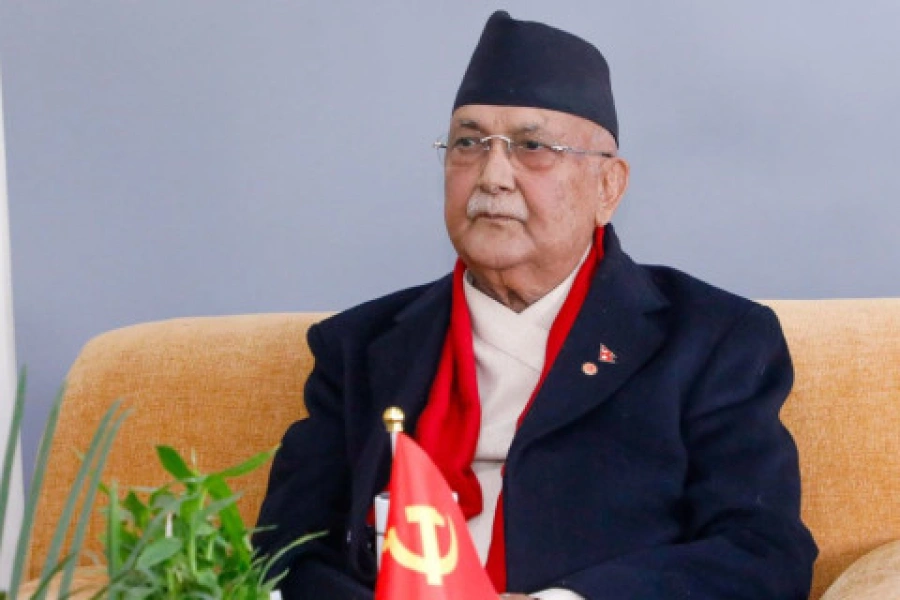KATHMANDU, Mar 23: In a clear indication of souring relations between the government and the European Union (EU) mission in Nepal, government officials including those from the Election Commission (EC) have boycotted a stakeholders' consultation meeting organized by the EU Poll Observation Mission in Kathmandu, Friday.
Sources familiar with the development said the EU poll mission decided to put off its planned roundtable with stakeholders on its controversial report on the recently held parliamentary and provincial assembly polls after government officials declined to participate in the meeting scheduled for 9 am to 2 pm Friday at a hotel in the capital.
The poll observation mission had invited various stakeholders including officials from the Office of the Prime Minister and Council of Ministers, the Ministry of Home Affairs and Ministry of Foreign Affairs and the Election Commission, for a roundtable on its findings. Sources said political leaders and some activists were also among those invited to the program.
The roundtable was put off at the eleventh hour. All government and Election Commission officials invited declined to attend the meeting, in a sign of their protest.
Govt boycotts consultation meeting organized by EU poll observa...

Press and Public Outreach Officer of the EU Election Observation Mission, Sarah Fradgley, confirmed that the roundtable with stakeholders was postponed. She, however, did not comment on Republica's query if it was postponed after government officials conveyed that they were not participating.
The poll observation mission that released its report on Tuesday drew considerable flak for recommending the exclusion of Khas/Arya from what it said was a quota system. Issuing a press statement Wednesday, the Ministry of Foreign Affairs (MoFA) alleged that such controversial recommendation posed a challenge to the constitution promulgated by a sovereign decision of the Nepali people.
In the strongly-worded statement, MoFA also asked the EU mission to refrain from making such controversial statements. It concluded that some of the recommendations and comments in the report not only under-valued the successful holding of smooth, peaceful and impartial elections but exceeded the norms and scope of international election observations.
The official statement from the government came after senior leaders of all big three political parties criticized the EU mission and questioned the intentions of the EU in Nepal. Terming the recommendations "unwarranted", "unnecessary", "inappropriate" and "interventionist", the leaders demanded that the government caution the EU against planting the seeds of division and discord among the Nepali people.
In its report, EU EOM accused the EC of not maintaining transparency while conducting the three sets of crucial elections. The mission stated that the election body's work lacked transparency although it had performed its tasks impartially and enjoyed public confidence.
The poll observation team suggested to the election body to "enhance the transparency of the EC through regular consultations with stakeholders and timely publication of all information of public interest".
The EC, in a separate statement on Thursday, termed the report and a press statement issued by the poll observation group as being "misleading", "baseless" and contrary to the established norms of the international poll observation code of conduct. While announcing that it "totally rejects" the final poll observation report, the election body accused the EU poll observation mission of breaching the poll observation code and the MoU signed with the EC.
Although the government and the major political parties protested the recommendations in the report, Nepal Federation of Indigenous Nationalities (NEFIN) and a section of activists welcomed the recommendations .




































